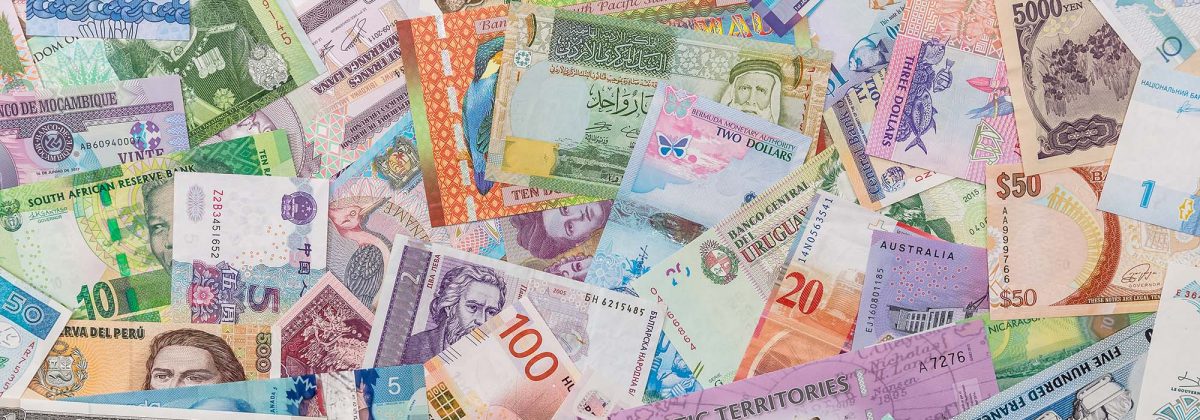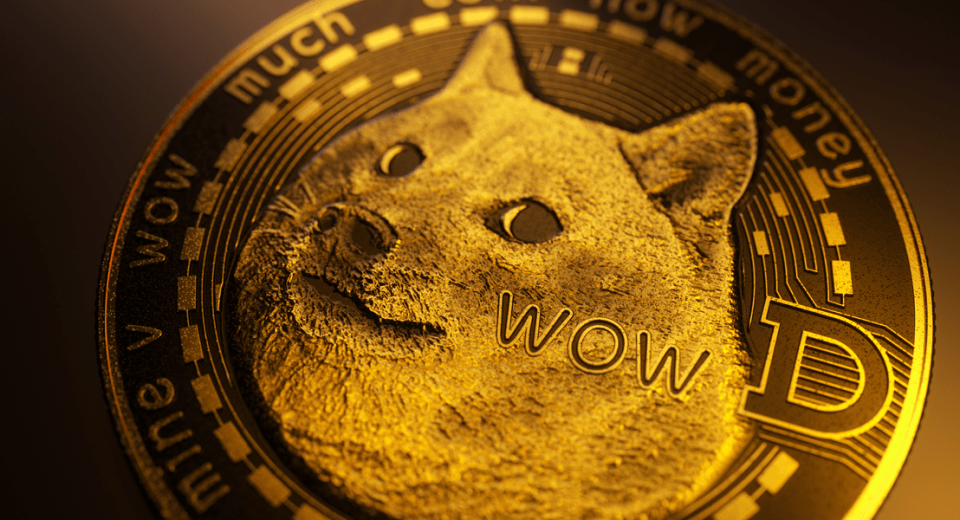5 Popular Exotic Currency Pairs in the Forex Market

There are three categories of currency pairs in the forex market; majors, minors and exotics. Major currencies typically include the US Dollar as either the base or quote currency, such as GBP/USD, EUR/USD or USD/JPY. These pairs are traded the most, and therefore have high liquidity. Next are the minors, usually the cross-currency pairs, like EUR/GBP, GBP/JPY or NZD/JPY. These do not include the US Dollar, but the most widely traded ones will have other major currencies, like EUR, GBP or AUD in them.
The third category is the exotic. Usually in these pairs, the US Dollar is paired with a thinly traded emerging economy currency; say, USD/TRY (US Dollar/Turkish Lira) or USD/MXN (US Dollar/Mexican Peso).
The absence of liquidity in these markets, make these pairs costlier to trade. This means that they have wider bid-ask spreads. But, high interest rate differentials and frequent price fluctuations might provide a chance of higher returns. Though with a higher risk factor involved, it is usually only seasoned traders that indulge in them.
Let’s look at 5 such exotic currency pairs that often find themselves in a trader’s portfolio.
1. EUR/TRY (Euro/Turkish Lira)
The Euro is the single currency adopted by 19 member countries of the European Union. It is the base currency in this pair. This means that if the EUR/TRY is 6.5821, it would take 6.5821 Turkish Lira to buy 1 Euro. Euro is one of the most heavily traded currencies in the world, after the US Dollar. It is influenced by geo-political crisis in the European Union and its trade partners, monetary policy stance of the European Central Bank (ECB) and other important data like inflation, manufacturing data and consumer demand.
TRY is used in Turkey, as well as the Turkish Republic of Northern Cyprus. Once seen as one of the least valuable currencies in the world, TRY revived (the “new” Turkish Lira) only after a wave of economic reforms in 2005. However, extensive debt crisis and current account deficit in the country led its devaluation by more than 40% against the US Dollar in 2018.
However, Turkey is considered one of the emerging nations. Over 50% of its exports (mostly agricultural) go to the EU, particularly Germany. Turkey is a huge exporter of automobiles too. Traders have been attracted to this pair, largely due to high volatility conditions in pre-crisis times. However, this volatility has declined in recent times, due to the Eurozone’s strong monetary policies to keep price stability in the area.
2. GBP/ZAR (Pound Sterling/South African Rand)
The Pound Sterling-South African Rand pair relies heavily on the Bank of England’s interest rate decisions. A rate cut by the British central bank can lead to high volatility. The 2016 Brexit referendum led to the currency pair falling to its lowest since 2013.
In the early years, the value of the Rand was closely tied to gold prices, South Africa’s biggest export. In the 2008 financial crisis, it lost almost 50% against the US Dollar.
Its correlation to gold prices continues to date. Mining of gold and platinum constitutes one of the major revenue generating sectors, along with agriculture. However, both these sectors remain plagued by political uncertainties and weather disruptions. South Africa has a flourishing banking sector, along with a manufacturing industry. The automotive industry accounts for 10% of its exports. Traders should keep an eye on South Africa’s unemployment rates, currently one of the highest globally, at around 30%. The South African Reserve Bank (SARB) is focused on two main facets; the country’s high inflation and unemployment rate.
3. AUD/MXN (Australian Dollar/Mexican Peso)
The Australian Dollar is a commodity currency and extremely volatile. Australia is a major exporter of iron ore, beef, oil, gold and many precious commodities. The seasonal price fluctuations of these commodities affect the AUD too. Due to the high interest rate differential between these two currencies, the pair is often used in carry trades. Although the AUD/JPY pair has a larger carry trade volume. The Reserve Bank of Australia (RBA) is responsible for the monetary policy of the country.
The Mexican economy is the 15th largest in the world in nominal GDP terms. It is a highly export-based economy. Over 90% of its trade is done through Free-Trade agreements with more than 40 countries like the EU, Japan, Israel, Canada and the United States. FX traders look closely at trade related events and reports, such as tariff wars, supply-chain disruptions or developments in the North American Free Trade Agreement (NAFTA), to gauge the price direction of MXN. Both the agriculture and industrial sectors contribute to its exports.
4. USD/THB (US Dollar /Thailand Baht)
The pair performed really well in 2019, amidst pressures from declining US-China relations and a global slowdown. According to a Bloomberg analysis in 2019, the Thai Baht is one of the few emerging economy currencies that have shown the least response to the downturn in the Chinese economy. This has made the USD/THB pair a safe haven asset, whenever there is an escalation in the trade talks between the US and China.
Thailand’s safe and low-yielding bonds, together with large current account surplus and large foreign exchange reserves have been instrumental in driving the Baht’s value. Thailand is one of the emerging nations, with a strong export economy. It is the 8th largest economy of Asia, with lowest unemployment rates in the world. Thai exports include electronics, machinery and wood, and its trading partners include the US, Hong Kong, China and Japan. The monetary policy of the Bank of Thailand influences the THB as well.
5. JPY/NOK (Japanese Yen/Norwegian Krone)
The Japanese Yen’s low borrowing costs makes it popular for equity and commodity traders globally. It is a safe-haven currency, when traded with the US Dollar. The Yen is also a popular carry trade currency.
The Norwegian economy is heavily reliant on oil exports. When oil prices go up, the Krone strengthens with respect to other currencies and vice versa. Norway is also a prime exporter of petroleum-based products, metals, chemicals and ships to countries like Germany, France, the United Kingdom and United States. With its close proximity to the North Sea oil, traders could often find a correlation between GBP and NOK.
Exotic currencies should be traded with extreme risk management measures since they lack market depth. Political unrest in these emerging nations also makes them extremely volatile.
Reference Links
- https://www.currenciesdirect.com/en/currency-tools/currency-charts/gbp-zar
- https://en.wikipedia.org/wiki/Economy_of_Turkey
- https://en.wikipedia.org/wiki/Economy_of_South_Africa
- https://www.investopedia.com/terms/e/exotic_currency.asp
- https://www.bloomberg.com/news/articles/2019-09-29/real-ruble-among-em-currencies-to-watch-in-event-of-trade-deal
- https://en.wikipedia.org/wiki/Economy_of_Thailand
- https://en.wikipedia.org/wiki/Economy_of_Norway









